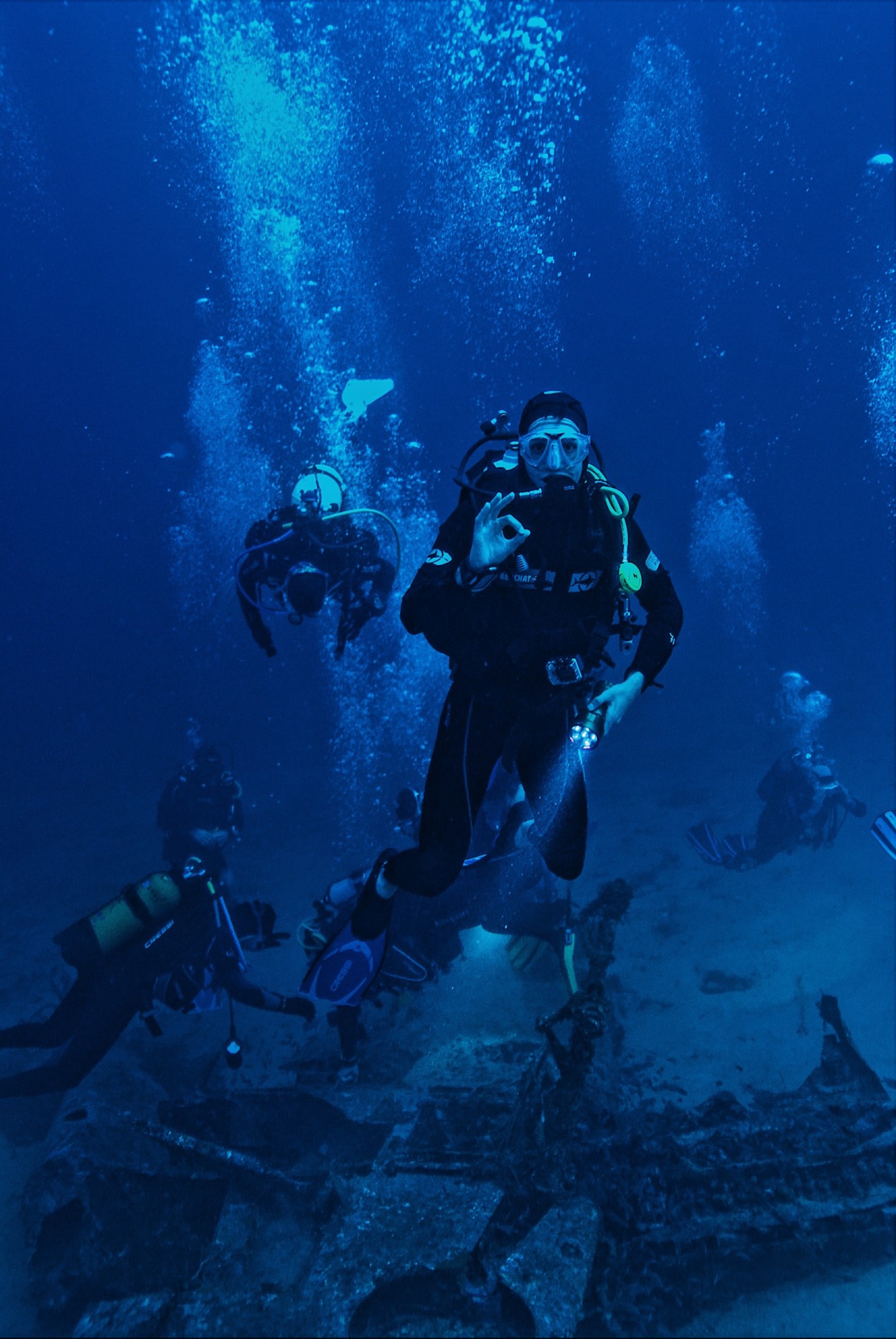Gas.
It happens to us all, and when it does, eventually, it has to be released.
We vary from person to person in how much noise the release makes, the power of the odor, and the pride or horror at which we, and probably the people surrounding us, greet it.
On land, you can choose how discrete (or otherwise) you want to be, but how’s it going to work underwater?
We’re going to see that yes, you can fart while scuba diving if you need to.
However, there comes the point where, with depth, you no longer can or won’t feel the need.
We will also look at other factors relating to the causes, effects, and results of farting while scuba diving.
- 1. What Happens if You Fart While Scuba Diving?
- 2. Does Farting in My Wetsuit Affect My Buoyancy?
- 3. Does Depth Impact Farting When Scuba Diving?
- 4. Is It Safe to Fart When Scuba Diving?
- 5. Does Scuba Diving Give You Gas?
- 6. What Happens if You Fart in a Drysuit?
- 7. Will Other Divers Hear My Fart More Loudly Underwater?
- Conclusion
- You Might Also Like…
Disclosure: this post contains affiliate links (clearly marked with ), which means we may earn a commission if you buy something through them, at no additional cost to you.
1. What Happens if You Fart While Scuba Diving?
Everyone farts!
Farting is a natural part of our digestive process, and it is said that the average person does it fifteen times a day, producing between 500 and 2,000 milliliters of gas.
The quantity, volume, and strength of your emission can be influenced by diet and environmental factors and some health problems.
When scuba diving, the process is just the same as on land.
Intestinal gas produced by digestion or from normal air-swallowing builds up to a sufficient volume that we feel the need to expel it.
With a modest contraction, the gas is released into the water, where it will rise to the surface just like our exhaled air bubbles.
Depending on what exposure suit you’re wearing, fart bubbles might get restricted or trapped, meaning that the journey to the atmosphere is slowed or even stopped.
2. Does Farting in My Wetsuit Affect My Buoyancy?
As scuba divers, we know that we experience buoyancy changes as we change depth.
As we descend, the gas trapped inside the wetsuit neoprene, or inside our drysuit, along with any air already in the BCD, gets compressed, so we lose buoyancy.
As we ascend, the wetsuit neoprene or drysuit gas expands, as does the BCD air, so we gain buoyancy.
We compensate for the buoyancy changes by adding or removing air from our BCD.
Assuming we’re swimming along at or close to neutral, we can modestly adjust our buoyancy with our breathing too.
If we take a deep breath in, we will rise a little.
When we breathe out fully, we will descend a little.
Similarly, when you fart while scuba diving in a wetsuit, gas is lost from your body, so you will technically become less buoyant.
The impact is, however, minimal due to the fart’s small volume.
The volume of the average fart was found in a study to range between 17 and 375 milliliters.
The average inspiratory capacity, the maximum amount that we can breathe in with a deep breath, is about 3 liters.
Even at complete rest, an average person has a tidal volume of about 500 ml.
So you can see that while there would be a technical change in buoyancy due to gas being released, the average fart is significantly less than shallow, resting breathing, and would make less than a tenth of the difference compared to a single, very deep breath out.
Because they’re so relatively small in volume, farting will, in reality, make no noticeable difference to our buoyancy.
Additionally, the average wetsuit has a tight enough fit that the gas will escape relatively slowly, so the buoyancy change, while small, will also be gradual.
So you don’t need to worry about suddenly crashing into the depths if you need to let one go underwater.
3. Does Depth Impact Farting When Scuba Diving?
Like any other gases, farts must follow Boyle’s Law.
In a scuba diving context, this means that as depth increases, so does the pressure surrounding the diver, which will cause any gases that are in their body to compress and decrease in volume.
Divers are most familiar with this by having to equalize their ears and sinus air spaces as they descend to avoid pain or injury.
So as you descend, any gas already in the guts will get compressed to such a point that you won’t have any cause to fart.
Additionally, the increase in pressure means that gut bacteria cannot produce gas in any significant volume.
Indeed, the reduced volume of the gas is so significant, that in effect, it is impossible to fart past about 66 feet / 20m due to there being sufficient resistance to prevent the smaller fart volume from moving.
If a diver staying at depth managed to swallow a lot of air, then as this would be at the same pressure as the surroundings, it would be possible for enough to build up to need to be evacuated.
This would seem unlikely during the length of a standard recreational dive.
However, of course, when the diver ascends and the pressure is reduced, then any gas inside the gut, wherever it has come from, will expand back to normal, and the standard effects can resume.
Just try and do that in the shallows before getting back on a crowded dive boat deck.
4. Is It Safe to Fart When Scuba Diving?
Without a doubt, it’s safe to fart while scuba diving.
If you feel the urge underwater, then it’s time to let it out.
Remember that gas will expand as you ascend, so if you hold it, it will only get less comfortable as it gets bigger.
The only risk is some embarrassment if your dive buddy happens to be filming you at the time and captures the moment for posterity.
5. Does Scuba Diving Give You Gas?
As well as digestive activity, farting is also caused by air-swallowing.
As you swallow food, take a drink, or swallow your own saliva, you will also swallow some air.
As this air builds up in the digestive system, it will combine with digestive gas and eventually need to be removed by farting or burping.
Air swallowed at depth during a dive will expand on the ascent and may be sufficient to cause gas.
Excess air-swallowing can occur in anxious people.
So if someone is especially nervous, this could cause some excess gas in the gut that needs to be expelled.
A more frequent cause in a diving context could be from air swallowed during equalization.
Standard equalization methods like the Toynbee Maneuver or Lowry Technique both involve swallowing.
If someone is having problems equalizing or doing it excessively, excess air could be swallowed and enter the gut.
Other influences on the amount of gas produced that could be encountered on a diving trip might include:
- Chewing gum
- Drinking carbonated beverages
- Eating or drinking too quickly
- Eating foods that encourage gas such as dairy, fruits, high fiber foods, legumes, or certain vegetables in large quantities
So scuba diving itself does not give you gas, but excessive air swallowing underwater or some habits between dives might.
6. What Happens if You Fart in a Drysuit?
Drysuits are designed to keep the diver warm by sealing them dry inside the suit.
When diving with a drysuit, as there is gas inside it, it’s necessary to add and remove air from the suit just like you do your BCD to control buoyancy and prevent a squeeze.
There is an inflator button to add air into the suit, and there is a vent valve to let it out.
A diver farting into their drysuit is adding gas to the suit.
However, as this gas has come from their body and will be at the same pressure as the air already in the suit, there is no overall change to their buoyancy.
Fellow divers just need to hope that the offending gas is vented from the suit during the diver’s ascent.
Always be careful undoing a drysuit diver’s zip if they have a big smile on their face when they ask you.
7. Will Other Divers Hear My Fart More Loudly Underwater?
There’s generally a lot of noise underwater, so you don’t need to worry too much about being heard.
Underwater sound travels faster and further, but luckily, it’s challenging to work out the direction of sounds, so unless your buddy is looking right at you, they probably won’t know where the noise came from.
Depending on the visibility and what you’re wearing, it might be possible to see the bubbles, but a wetsuit usually covers up the exact origin.
Conclusion
We have seen that certainly in shallower water, you can fart while scuba diving.
If the need should arise, you should definitely let it out as soon as possible.
Remember, if you feel it while underwater when you ascend, the need will only get greater and more uncomfortable!
You Might Also Like…
-

How Do Scuba Divers Drink Water? 5 Possible Ways (+7 Tips)
-

How Long Can Scuba Divers Stay Underwater? (+9 Limiting Factors)
-
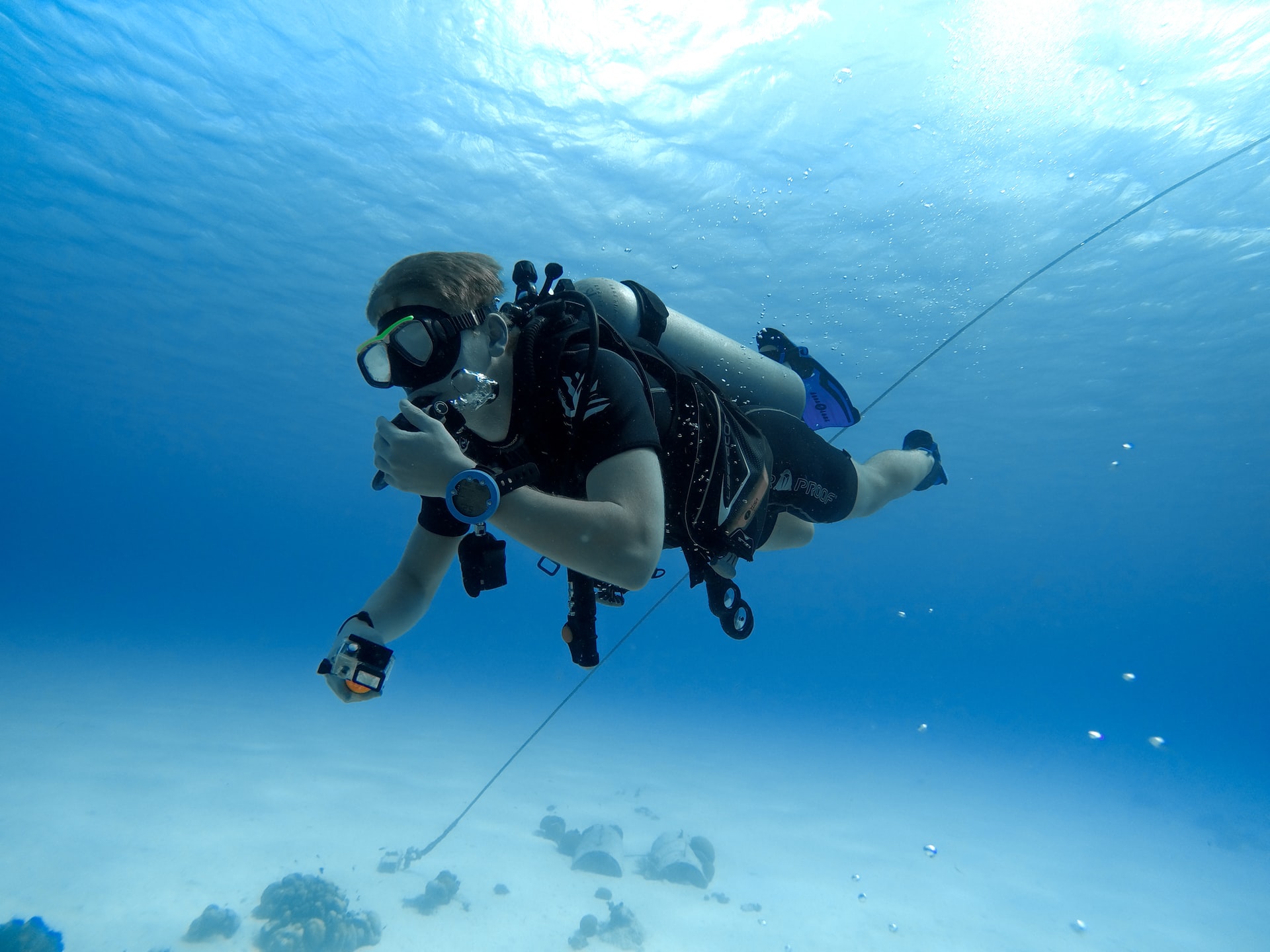
Are Scuba Divers Athletes? All the Facts (+New Competitive Forms)
-
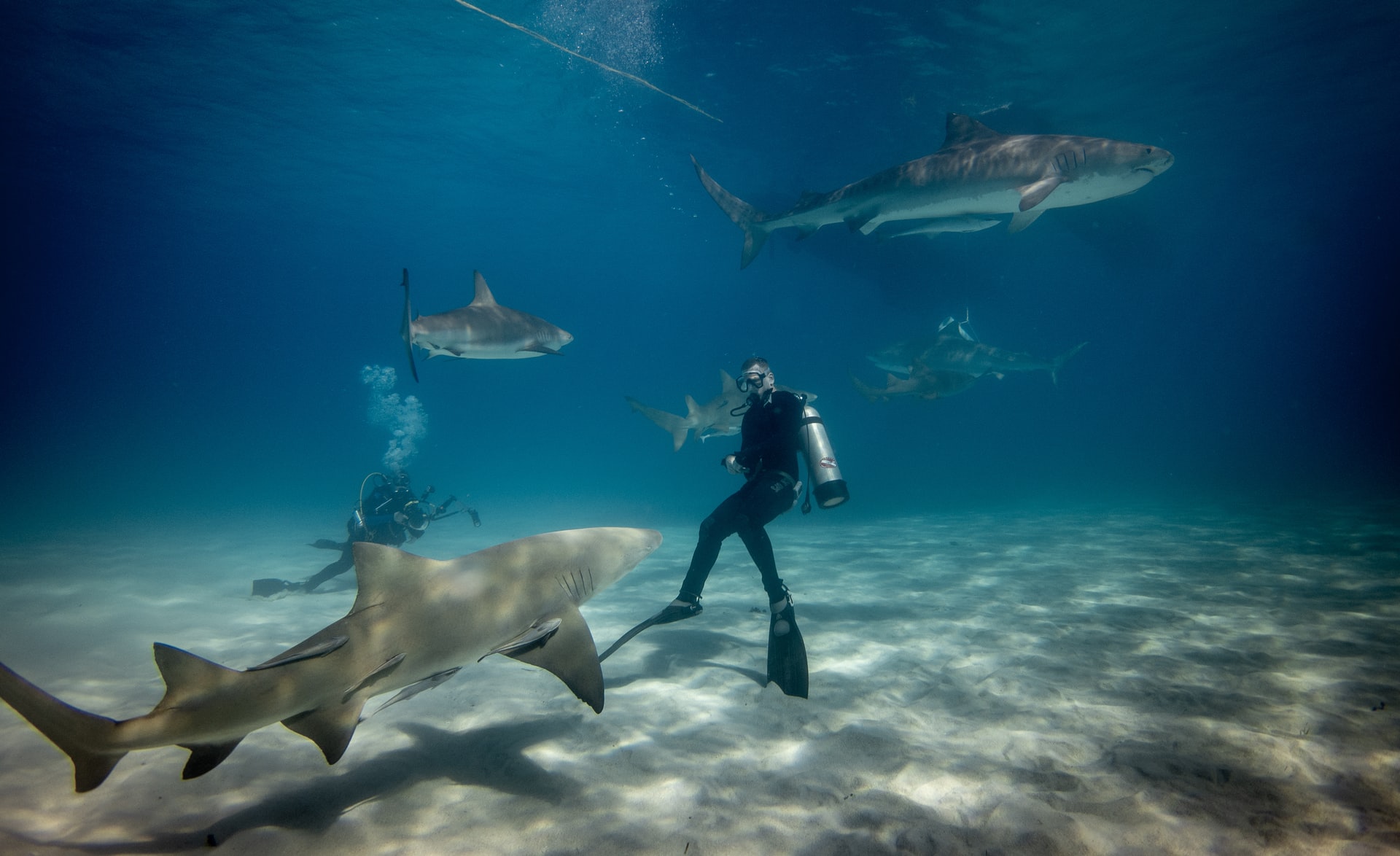
Are Sharks Scared of Scuba Divers? (What Every Diver Must Know)
-
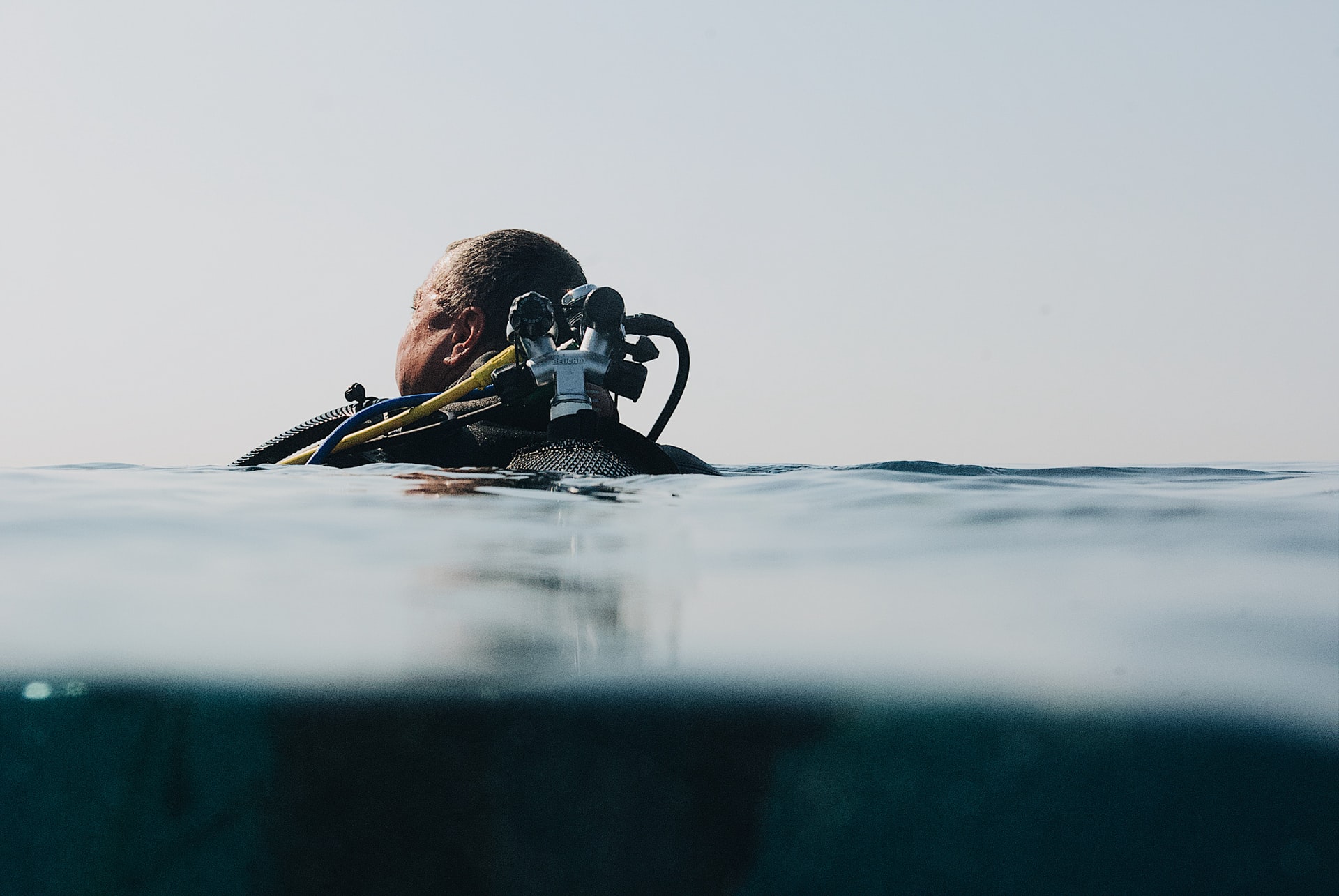
Who Should Not Scuba Dive? 17 Reasons (Every Diver Should Know)
-
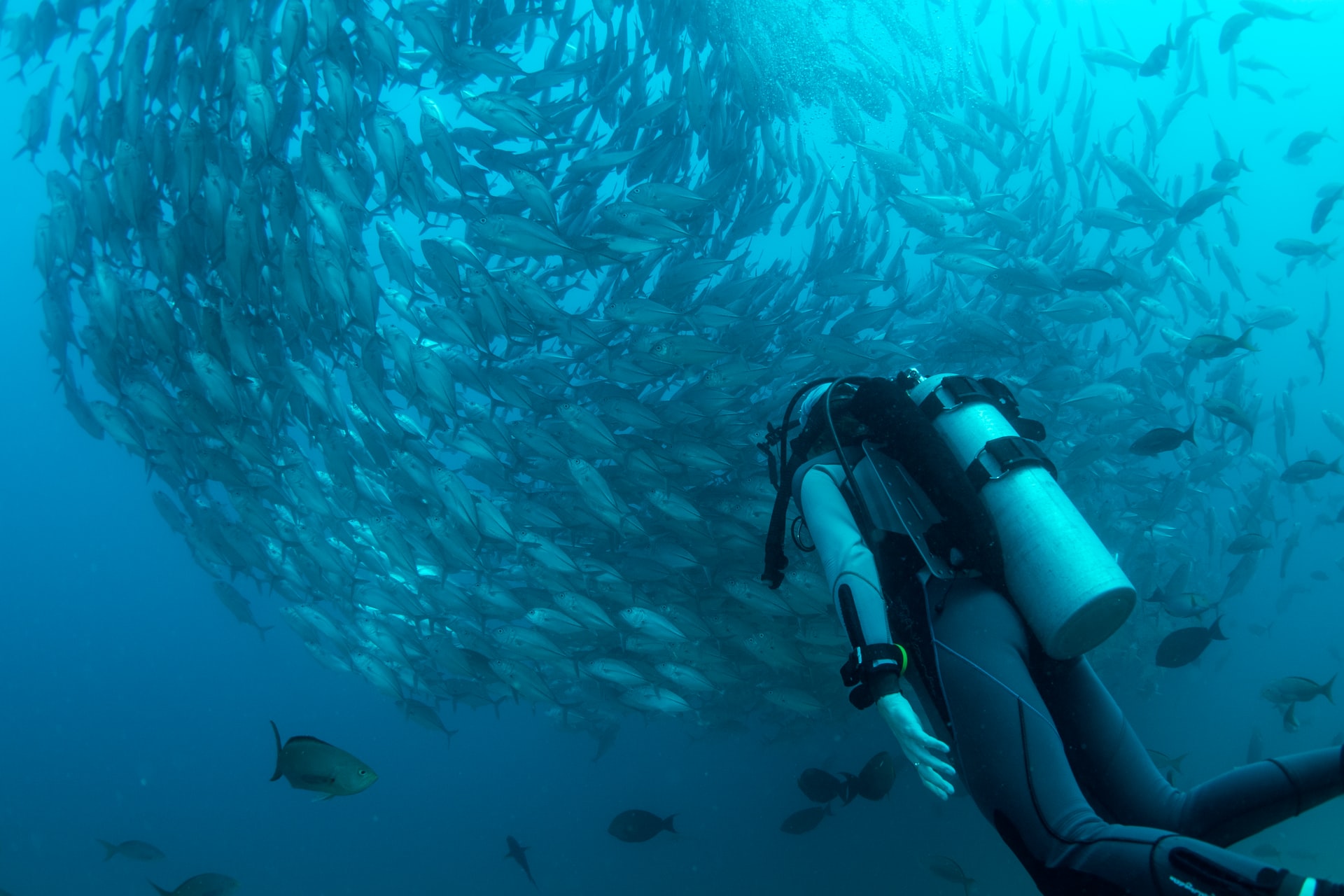
Should I Be Scared of Scuba Diving? 8 Common Fears (Debunked)
-
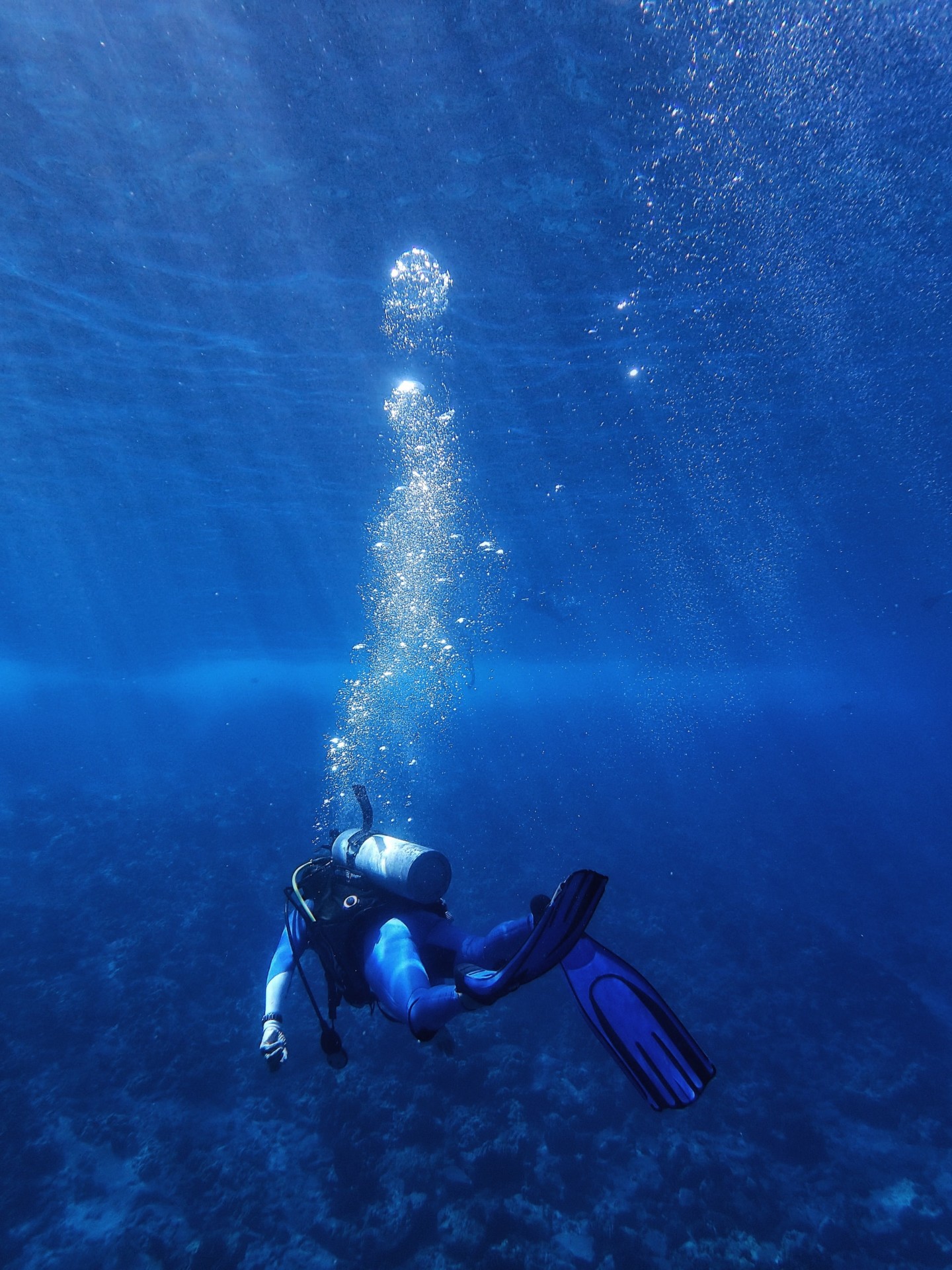
Why Do Scuba Divers Use More Air at Depth? (+4 Practical Tips)
-
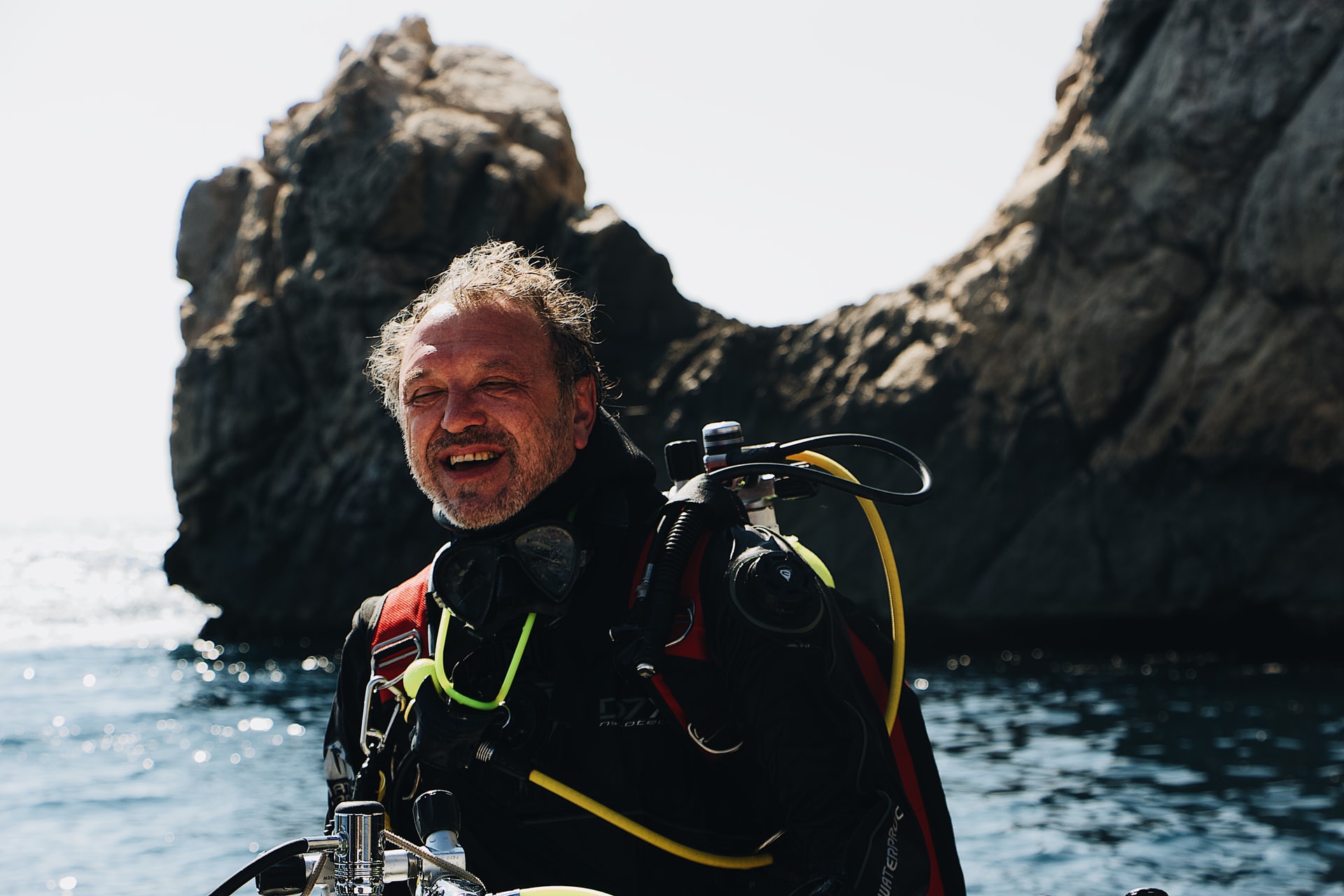
At What Age Should You Stop Scuba Diving? (+9 Tips for Older Divers)
-
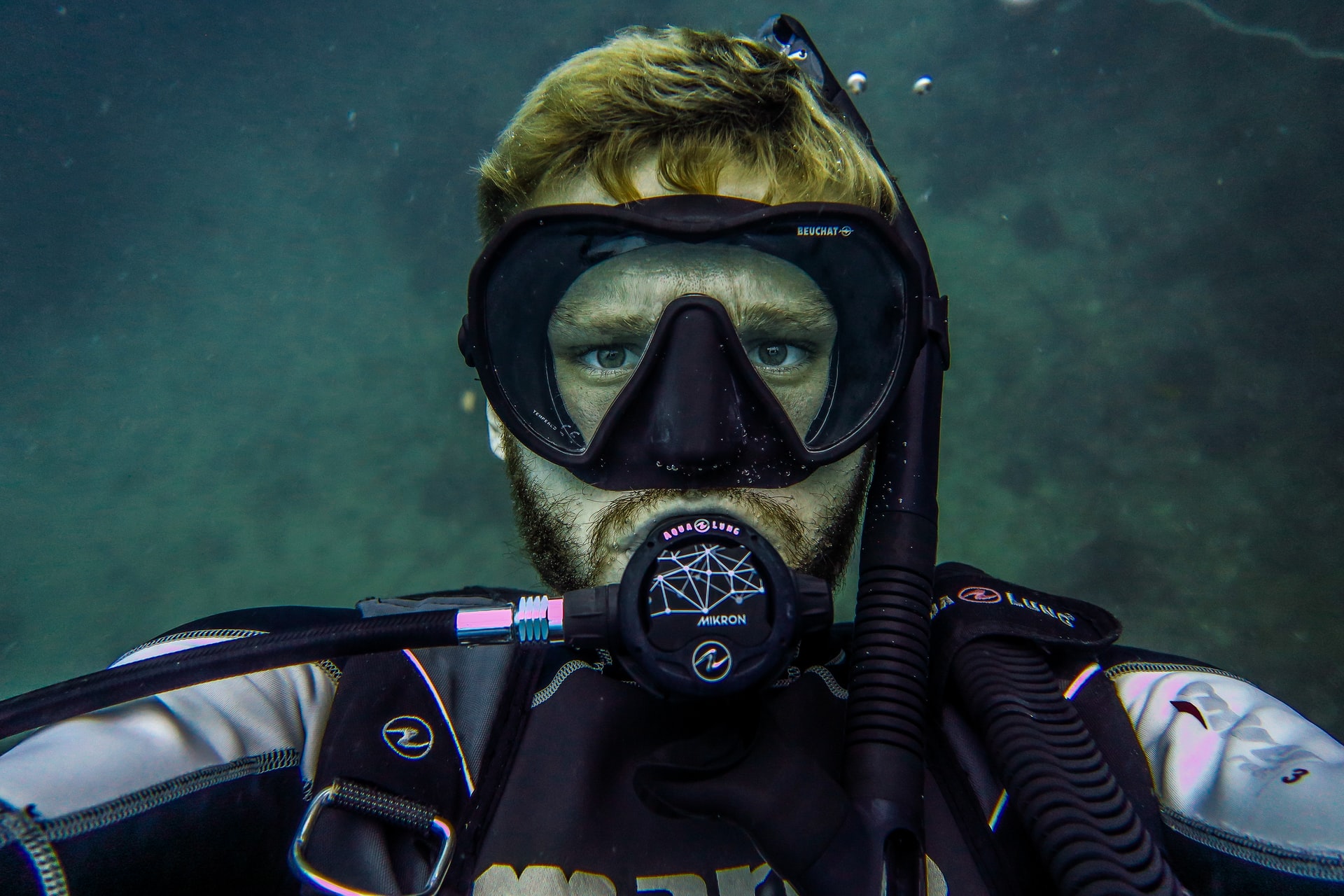
Should I Shave Before Scuba Diving? Crucial Facts (+9 Helpful Tips)
-
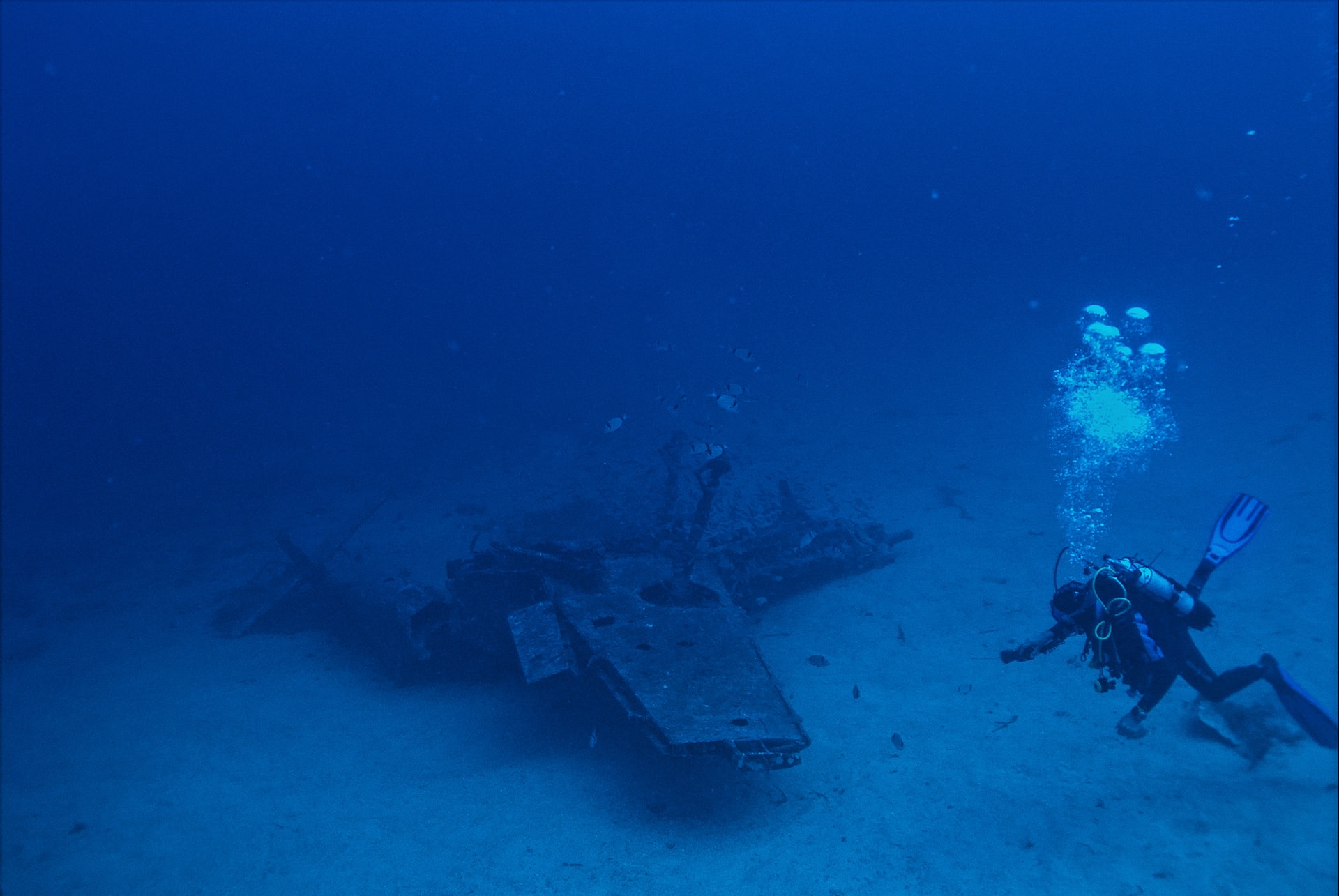
Why Do Scuba Divers Use Helium? (+Its Pros & Cons)
-
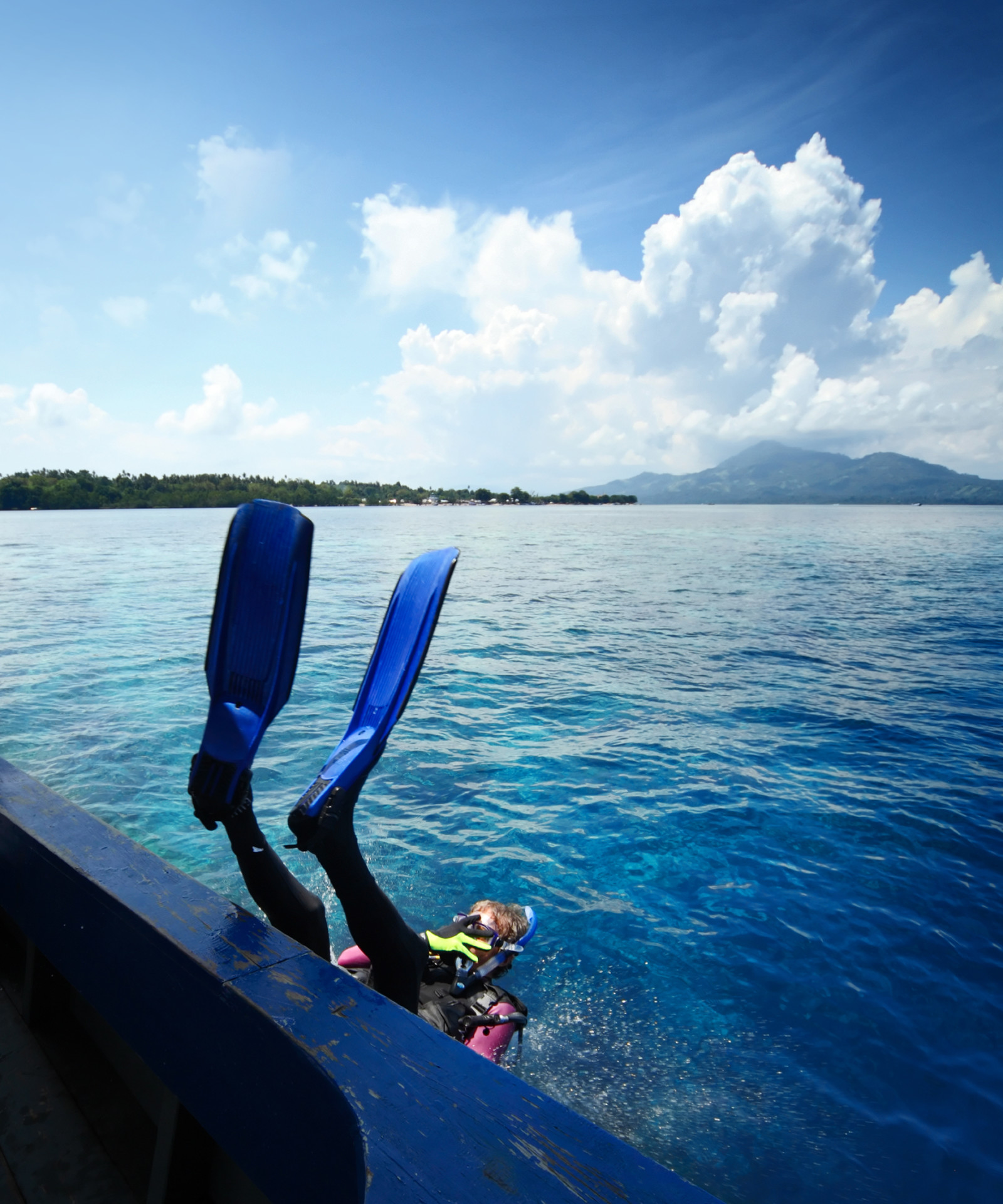
Why Do Scuba Divers Go in Backwards? (+3 Alternative Entries)
-
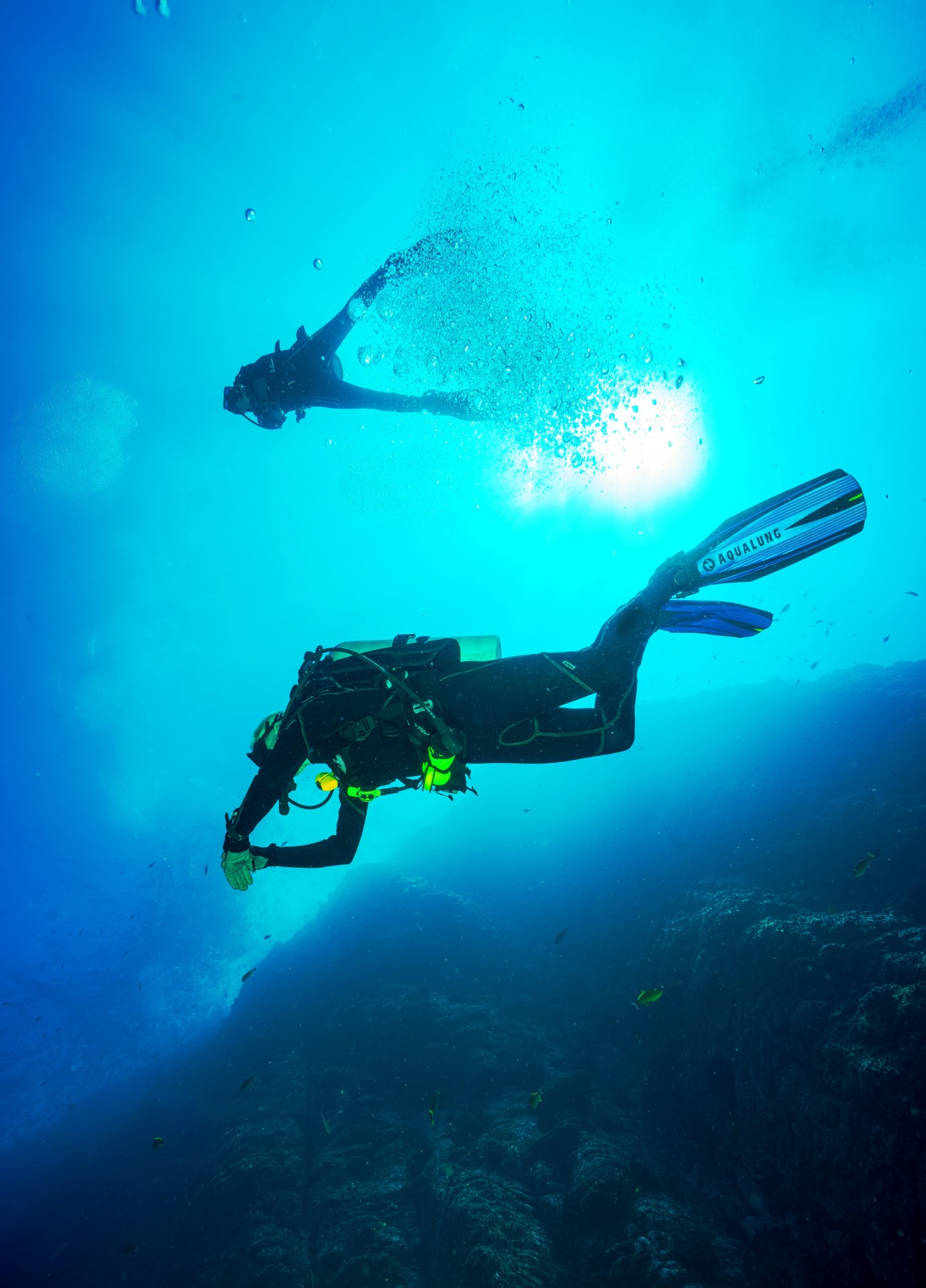
How Do Scuba Divers Sink and Float? (+Tips to Get It Right)

